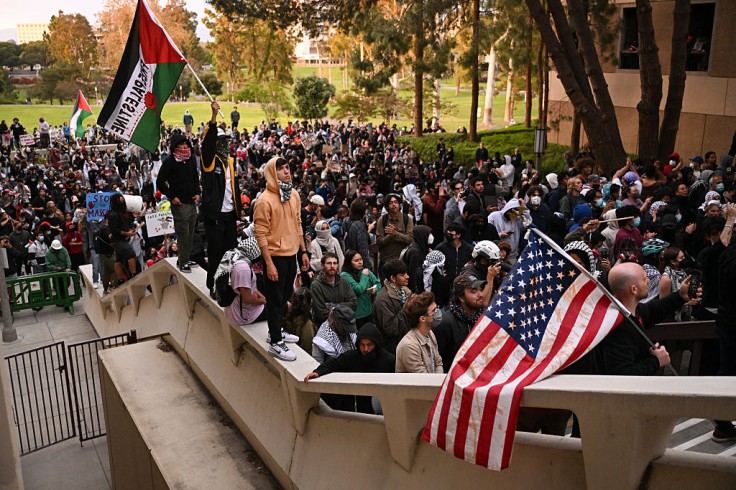
The question of free speech on college campuses has long been a flashpoint in American public life, but a new report suggests the debate is far from settled. The 2026 College Free Speech Rankings, released by the Foundation for Individual Rights and Expression (FIRE), paint a complex picture of the state of expression at U.S. universities—where some institutions are fostering open dialogue, while others are failing to protect the very principle on which higher education rests.
A Nation of Contrasts
The rankings, billed as the most comprehensive survey of their kind, draw on responses from over 55,000 students at more than 250 universities. The results reveal a sharp divide: some campuses are seen as vibrant forums for debate and dissent, while others earn failing marks for restrictive policies, self-censorship, and disciplinary practices that undermine open expression.
Harvard University once again sits near the bottom of the list, reflecting ongoing controversies over speech codes and administrative responses to student expression. On the other hand, institutions like Michigan Technological University, Auburn University, and the University of Chicago continue to rank among the best for protecting free speech.
Key Findings
- Self-Censorship on the Rise: A majority of students reported that they hold back their true opinions in class or in conversations with peers.
- Protests and "De-platforming": Nearly 70 percent of students said it is at least "sometimes acceptable" to shout down a speaker, highlighting a cultural shift in how young people view protest.
- Policy Gaps: Schools with vague or restrictive speech codes tended to perform poorly, while universities with clear, content-neutral policies ranked higher.
"This year, students largely opposed allowing any controversial campus speaker, no matter that speaker's politics... Rather than hearing out and then responding to an ideological opponent, both liberal and conservative college students are retreating from the encounter entirely.
This will only harm students' ability to think critically and create rifts between them. We must champion free speech on campus as a remedy to our culture's deep polarization."
FIRE President and CEO Greg Lukianoff
For a detailed breakdown of how your college fares, and to see the methodology behind the scores, read the full 2026 College Free Speech Rankings Report by FIRE. Access it here: FIRE Free Speech Rankings 2026 PDF.
The Leaders
Claremont McKenna College topped the rankings for the second time, joined in the top five by Purdue University, the University of Chicago, Michigan Technological University, and the University of Colorado Boulder. These schools have consistently scored well since the rankings began in 2020, cementing reputations for fostering open debate.
The Laggards
At the other end, Barnard College ranked last, with Columbia University, Indiana University, the University of Washington, and Northeastern University also landing in the bottom five. At Barnard, 90% of students reported difficulty discussing the Israeli-Palestinian conflict openly, reflecting broader national tensions.
Shifts Among Elites
Some elite universities showed marked improvement. Vanderbilt University rose to No. 7, while Dartmouth (No. 35) and Yale (No. 58) also climbed significantly. Harvard University, ranked dead last for the past two years, improved to No. 245—still low, but a step forward.
Why It Matters
Free speech on campus doesn't just affect classroom debate; it shapes how students will engage as citizens after graduation. Supporters of academic freedom argue that the college years should prepare students for the messy, often uncomfortable realities of civic life. Critics, meanwhile, contend that unfettered expression can lead to harm or marginalization of vulnerable groups.
The tension between these two visions of higher education is playing out in real time, as universities navigate lawsuits, donor pressures, political scrutiny, and student activism.
Looking Ahead
The FIRE report is more than a set of rankings—it's a call to action. Universities that scored poorly face mounting pressure from students, alumni, and policymakers to reform. Meanwhile, high-performing schools offer a roadmap: adopt transparent policies, encourage open dialogue, and train administrators to handle disputes without resorting to censorship.
In an era where cultural and political divides are widening, the state of free speech on campus may be a bellwether for the health of American democracy itself. As FIRE's report makes clear, universities have a choice to make: double down on protecting expression—or risk losing their role as true marketplaces of ideas.
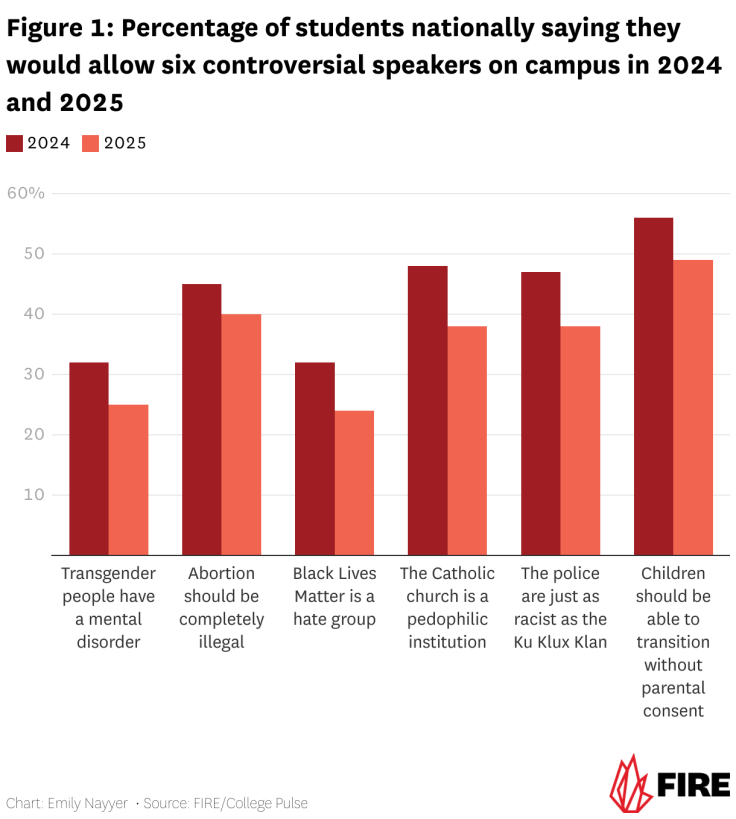
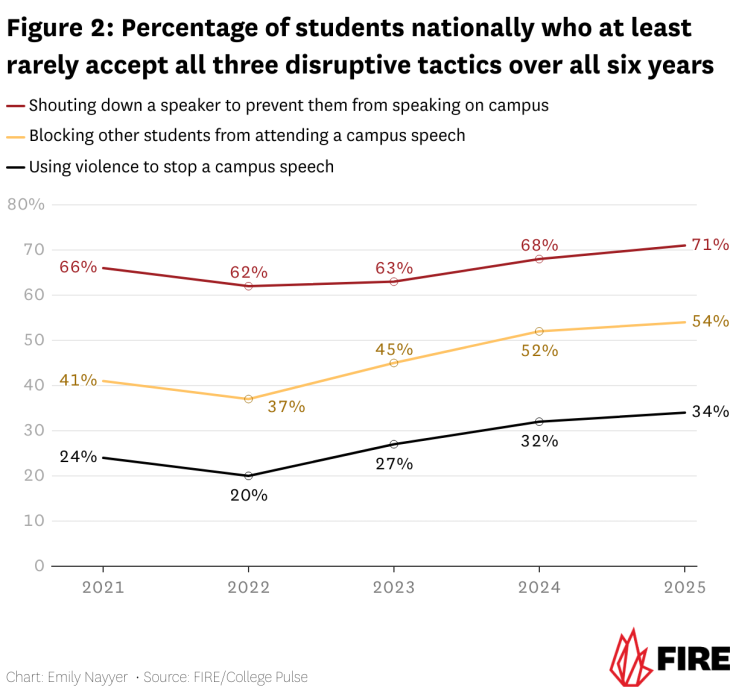
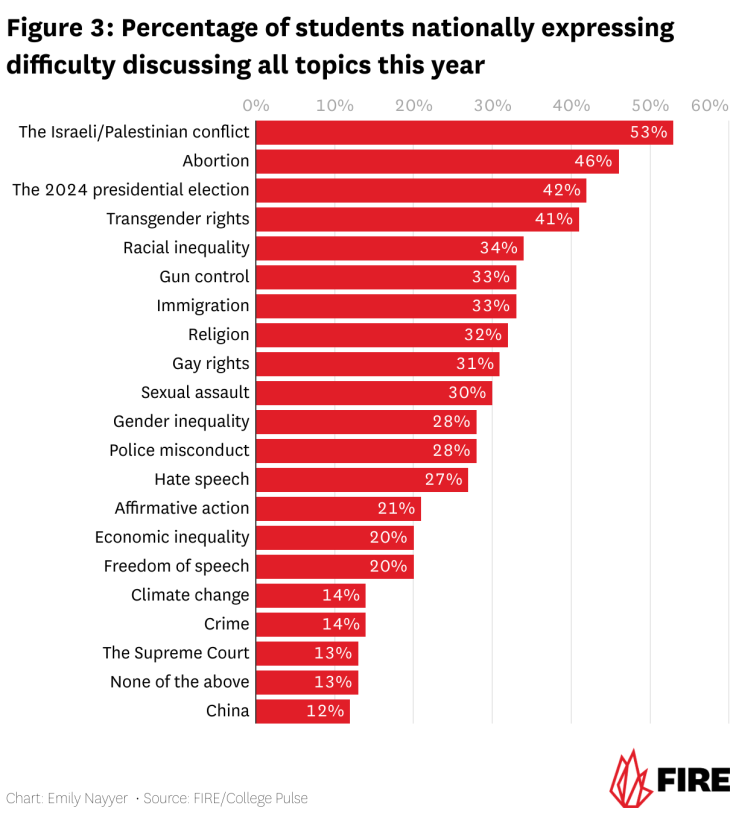
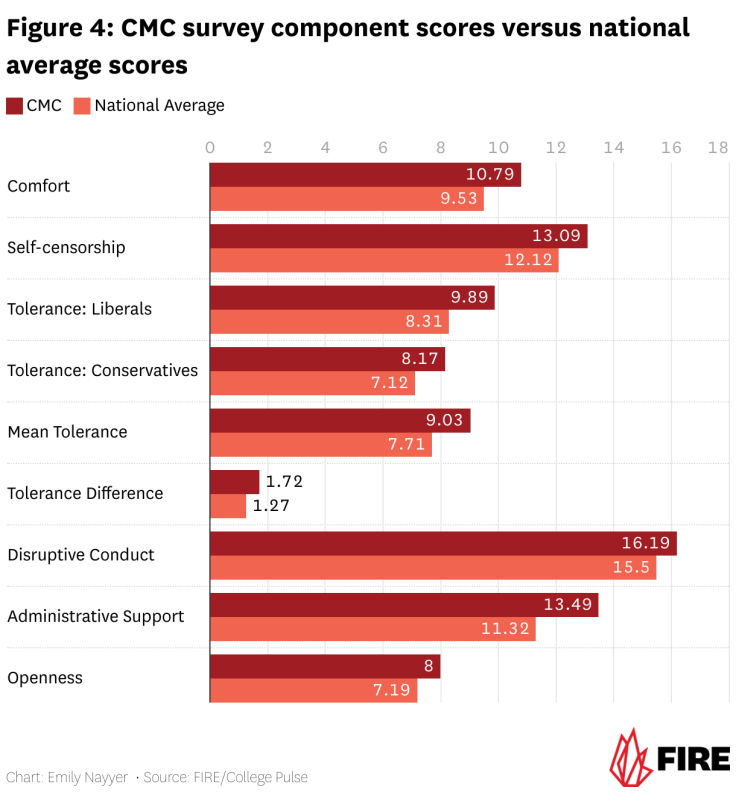
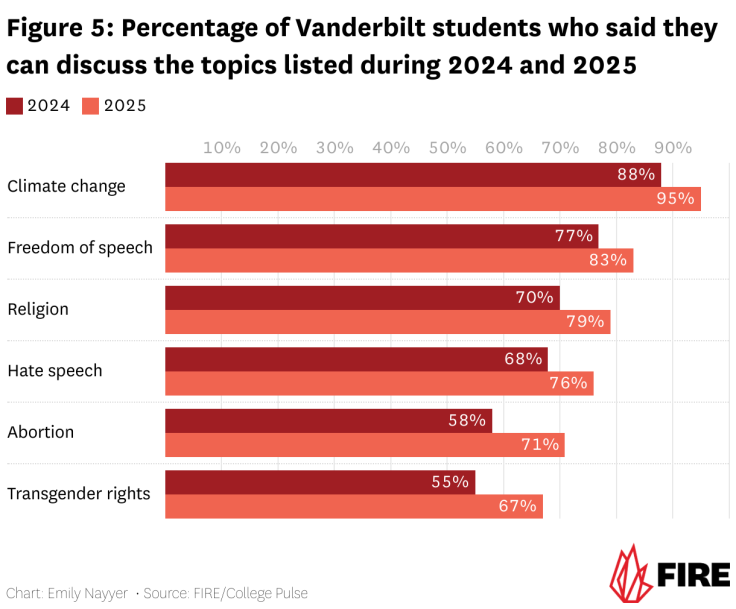
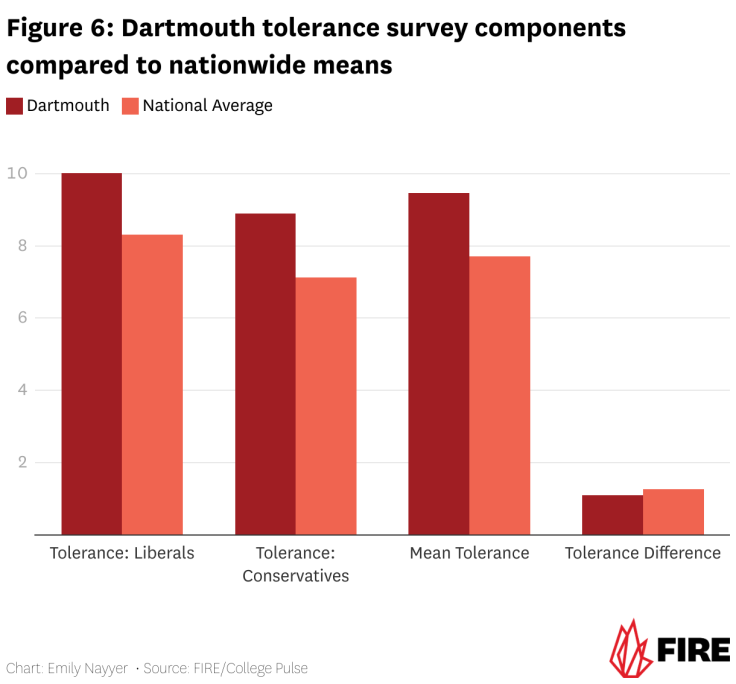
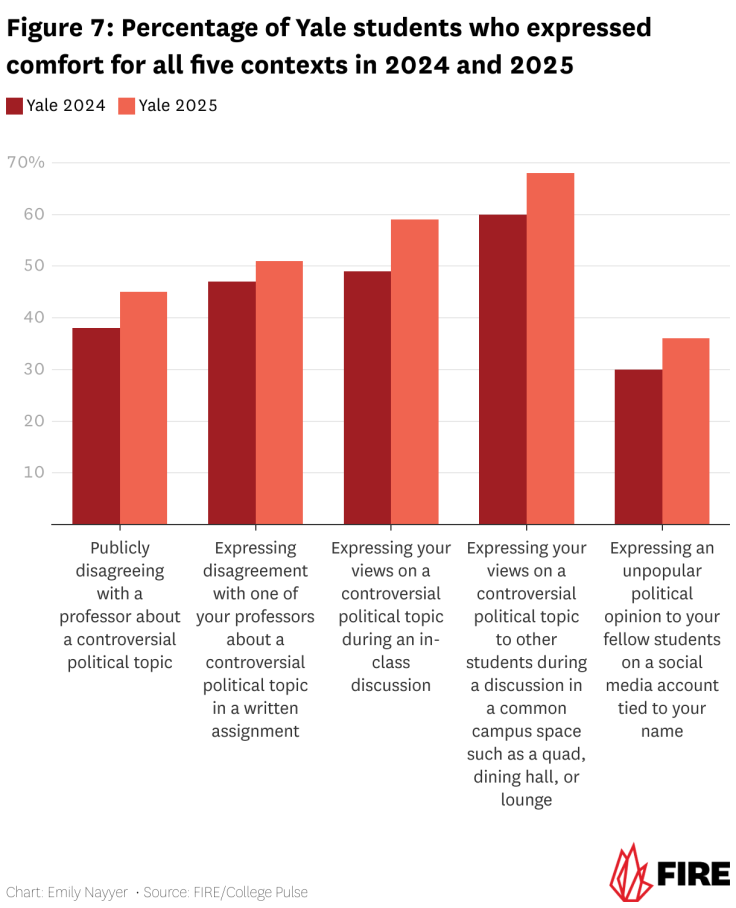
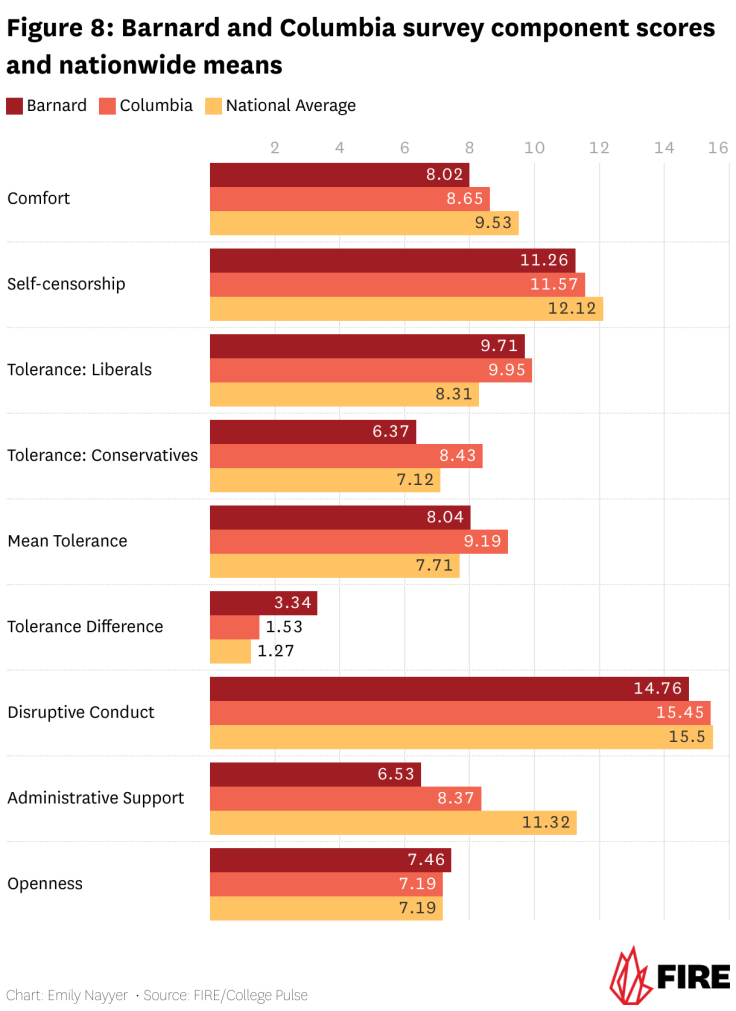
© 2026 University Herald, All rights reserved. Do not reproduce without permission.








